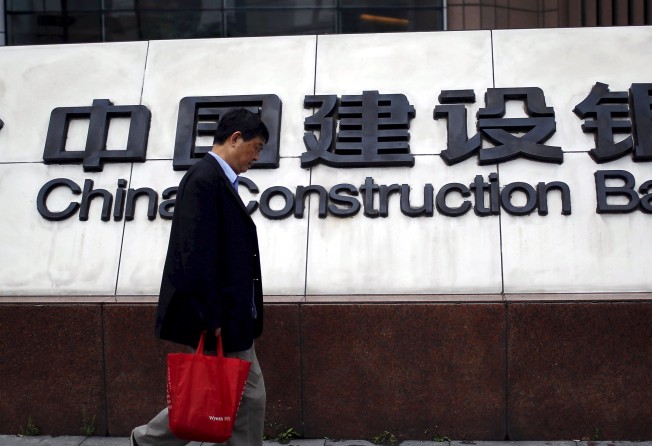Batch of smaller China banks to seek capital on mainland and Hong Kong markets
Mainland city commercial banks plan initial public offerings on the A-share and H-share markets

A wave of mainland city commercial banks are seeking to list on the A-share and H-share markets to recapitalise, the first action by such banks in the A-share in eight years.
Bank of Xian this week joined the queue of banks seeking to sell shares on China’s markets.
Others hoping to complete initial public offerings include Huishang Bank, Bank of Hebei, along with the previously announced Harbin Bank, Bank of Lanzhou, Shenjing Bank and Xiamen International Bank.
If successful, they will join the 16 state-owned and joint stock banks as listed banking institutions on the Shanghai and Shenzhen bourses. Three additional city commercial banks are seeking listings in Hong Kong.
City commercial banks, which are deemed to be non-systematically important, will be required to maintain a 6.3 per cent common equity tier-one capital ratio by the end of this year. The requirement will be tightened to 7.5 per cent in 2018, according to rules set by the China Banking Regulatory Commission.
“There are only a couple of ways to achieve this: either they have to raise funds in the capital markets – or shrink their assets significantly,” said Grace Wu, head of China bank ratings at Fitch Ratings.
“Banks have been in need of capital, but market conditions have not been favourable.”
City banks have also been under added pressure brought on by a liquidity crunch on the mainland interbank market and interest rate liberalisation, which threatens their access to deposit and market funding.
“It has popped up on everyone’s radar that banks must improve balance sheets. The momentum for medium-sized banks to list this year is strong. Next year will be the same,” said Benson Wong, an assurance partner at PWC Hong Kong.
One analyst said these banks were a tougher sell to international investors because they have a track record of failing to launch in the H-share market.
The bid to sell shares would likely receive a stronger welcome on the mainland markets where they have a better chance of being supported by local state-owned entities.
“Why would investors want to pay the same valuation in these banks when they have less diversification and less experienced management?” the analyst said.
Valuations across China’s banking sector have been depressed for five years amid concerns over rising bad debt as the economy cools.
The nation’s largest state-owned banks have been trading at valuations of 0.9 and 1.3 times price-to-book.
Banking stocks in the A-share market are trading at a paltry 6.5 times price-earnings. The Shanghai Composite Index, in comparison, is trading at 16 times PE and 1.8 times price-to-book, according to data from Wind.